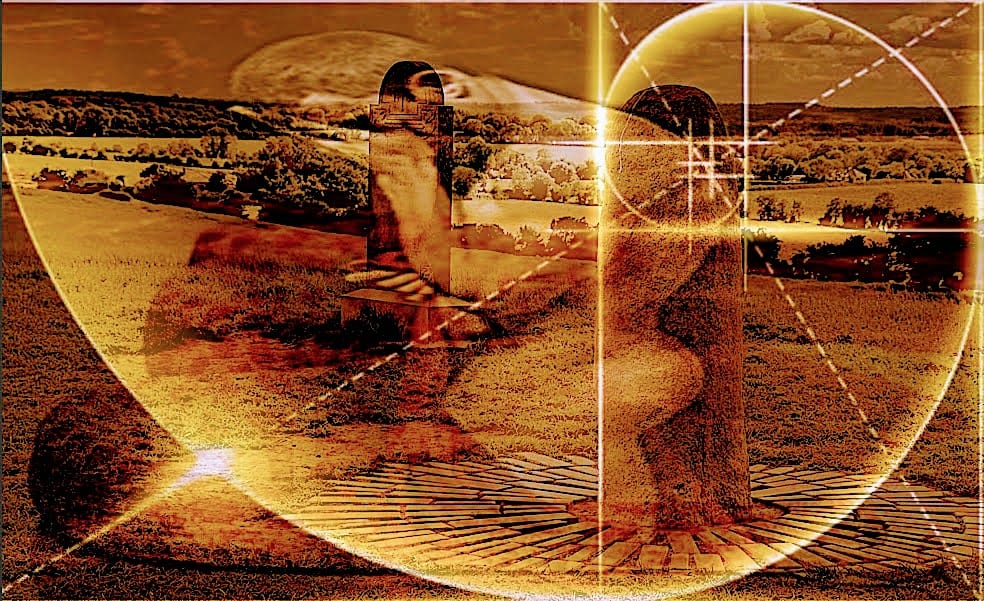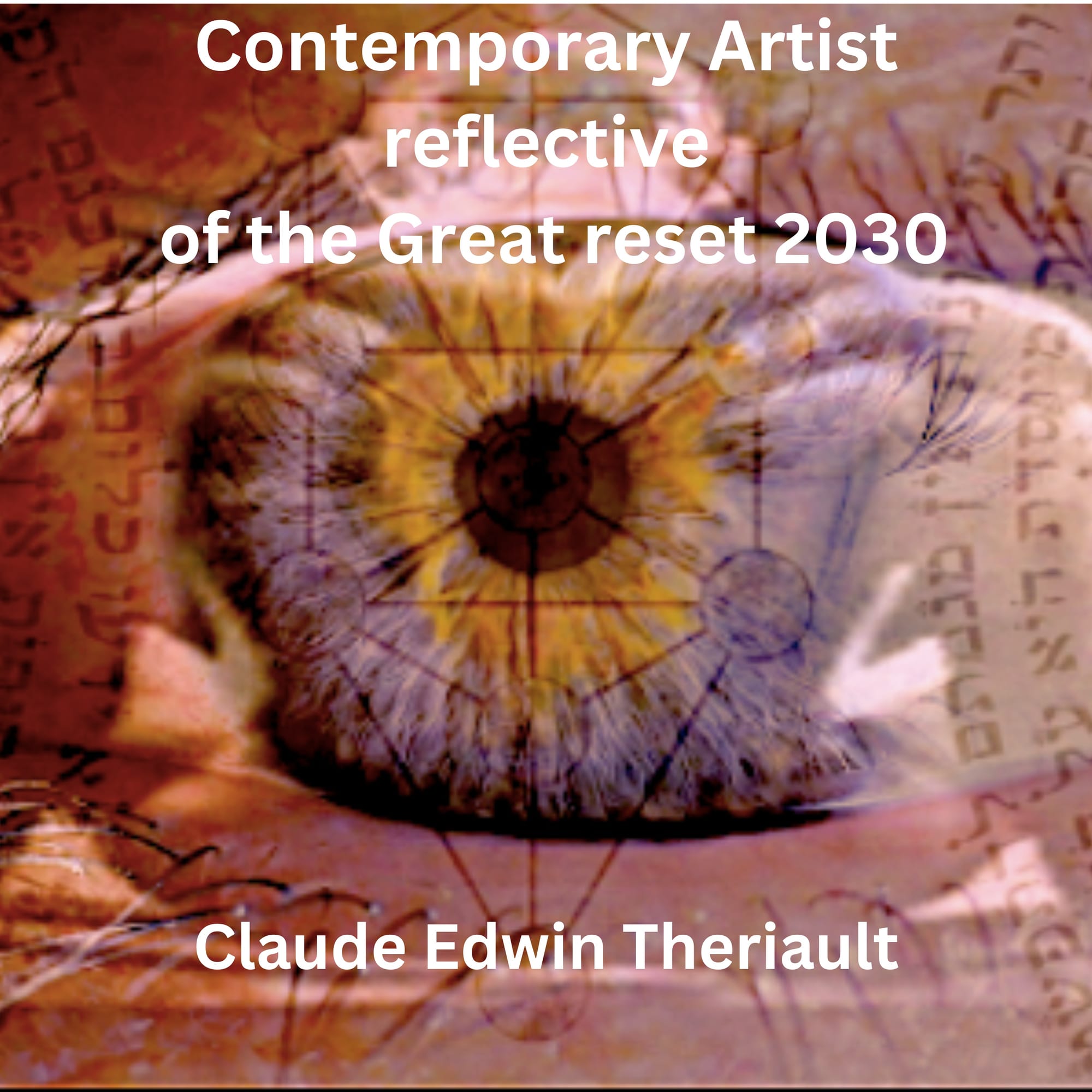Absurdity of the Gala des prix d'Excellence de la presse francophone 2024
Beneath the glossy surface of awards and Francopresse pride lies an exclusionary mechanism that actively silences voices that don’t conform.

The Gala des prix d'Excellence de la presse francophone 2024, held in Whitehorse, Yukon, might seem like a celebration of journalism and excellence. Still, a deeper look exposes a more unsettling reality. Beneath the glossy surface of awards and Franco pride lies an exclusionary mechanism that actively silences voices that don’t conform to a narrow cultural narrative.
It’s not just a gala; it’s a microcosm of the larger, systemic silencing of queer voices and anyone who dares to stray from the script of the mainstream Right down, Proud of ourselves in Francophone culture. This event is proof that even in remote, seemingly progressive areas, the gatekeepers of public discourse remain rigidly conservative, selectively amplifying only those voices they deem appropriate.

Silencing Queer Voices: An Invisible Oppression
In a society that loudly claims inclusivity, the silence around queer voices at the Gala is deafening. Nameless, faceless people—whose gender is left unspoken, as if that might undermine the illusion of neutrality—stand as the curators of acceptable discourse.
Queer identities like Creative Theriault, who moves the cultural needle forward by actually producing Creative and Innovative artistic expression, get Ghosted. Indeed, any identities that don't subscribe to the Franco-pride narrative are met with ghosting. This is a strategic kind of censorship. Rather than openly confront or debate these voices, they are ignored, dismissed, or erased as though they never existed.
The arrogance of this exclusion is staggering. It is straight out of Ayn Rand's Atlas Shrugged, where all the ones with the money and power have no morals or values, and all the ones with the morals and values have no money or power.
By refusing to acknowledge these perspectives, the Gala's organizer effectively says, "Your story, your identity, your voice is not worth hearing." They act as the cultural gatekeepers of an already insular community, unwilling to make room for diversity in thought or experience. For them, it's not about celebrating excellence in journalism; it's about reinforcing the status quo—a status quo that prioritizes straight, white, Roman Catholic values over the richness of other lived experiences.

Ghosting as the New Racism: Do Ask, Do Tell
Ghosting, in this context, is the new face of racism. Just as marginalized voices have historically been excluded from conversations around race, now, in the name of Franco pride, queer and non-conforming voices are ghosted from all forms of media. The tools may have changed, but the intent is to render invisible anyone who doesn't fit neatly into the preferred narrative.
You can’t tell them this, of course. To suggest that ghosting is a form of racism would itself be considered an affront to their carefully cultivated sense of Pius Roman Catholic moral superiority. The Gala’s organizers—and indeed much of mainstream Francophone media—see themselves as champions of diversity, so long as that diversity doesn’t stray too far from what they’re comfortable with. They celebrate multiculturalism and inclusion, but only within the narrow parameters they’ve set. Step outside those lines, and you’re met with silence.
And it's not just the Gala. Ghosting is a pervasive phenomenon in many Francophone and broader Canadian media outlets. Journalists and editors working remotely—another hallmark of the modern media landscape—operate from behind the anonymity of email chains and Zoom calls. This distance makes ghosting those who don’t align with the dominant narrative easier. After all, it's much simpler to ignore someone when you don’t have to look them in the eye.

Remote Media and the Shift to the Great Reset
One of the most telling indicators of this systematic exclusion is that so many media outlets now operate remotely. They can’t afford rent for a local office but still manage to toe the line regarding reinforcing cultural norms. It’s a global phenomenon, part of a broader cultural and economic shift as we move toward the Great Reset of 2030.
Media is shrinking, and budgets are being slashed since new AI Bot innovation delivers relevant information to consumers better than commercial media. Plus, the distance between journalist and subject has grown wider than ever, to the point where none of it makes sense or relevance.
In this new landscape, only the most adaptable voices survive—and often, those are the voices that conform to the mainstream narrative. The independent, the rebellious, the Queer, and the different are left to fend for themselves. And fending for themselves means finding new platforms, ways of self-publishing, and strategies to get their voices heard.
The move toward the Great Reset is not just an economic restructuring; it's also a cultural one. The walled gardens of straight, white, Roman Catholic values are tightening, and only those who can navigate these restricted spaces will find a place within them. For the rest, like the queer artists and writers who are systematically ghosted, there is no invitation to the table, so create your own.
Theriault: A Fiery Voice in an Insular World

In the face of this exclusion, self-representing artists like Claude Edwin Theriault refuse to be silenced. A contemporary queer Asperger’s artist from Atlantic Canada, Theriault channels the spirit of Jackie and Yvonne Vautour—two fierce fighters for Acadian rights and justice—and focuses that energy on his own self-publishing platforms. Theriault knows that in an insular environment dominated by straight, white, Roman Catholic ideals, there is little room for voices like his. Rather than fight for scraps of attention from a media that actively seeks to exclude him, he creates his own space, audience, and narrative.
Theriault's work is not just a personal outlet; it’s a political act. By publishing his work independently, he avoids the gatekeepers who would otherwise ghost him, allowing his voice to remain authentic and unfiltered. His platform rejects the walled gardens that the Gala des Prix d'Excellence and similar institutions uphold. It’s a way of saying, "I will not be silenced, and I will not conform to your narrow vision of what art, culture, or identity should be."
In many ways, Theriault is a living embodiment of the Vautour spirit. Like Jackie and Yvonne, he opposes a system that seeks to erase or minimize his identity. And like the Vautours, he refuses to back down. The Gala may not recognize his work, but it doesn’t need to. Recognition by such an exclusionary institution would be meaningless. Instead, Theriault focuses on those who understand, listen and are ready for something more than the same tired narrative of Franco pride.
Conclusion: Defiance Through Creation
The Gala des prix d'Excellence de la Presse Francophone 2024 reflects the cultural insularity that still dominates much of the Francophone world. By silencing queer voices, ghosting those who don’t fit the mould, and operating within remote, disconnected spaces, the Gala and its organizers are part of a broader system of exclusion that is only set to grow as we approach the Great Reset of 2030.
But artists like Claude Edwin Theriault offer a way forward. Through self-representation and defiant creativity, they reject the narrow confines of mainstream media and create their own platforms for expression. Theriault, channelling the fierce spirit of the Vautours, stands as a testament to the power of independent voices in a world increasingly defined by exclusion. Ultimately, these voices—those who refuse to be ghosted—will shape the future of art, culture, and identity.

FAQ:
What is the focus of the Gala des prix d'Excellence de la presse francophone 2024?
The Gala des prix d'Excellence de la presse francophone 2024 aims to honour journalistic excellence within the Francophone community. Though it has faced criticism for its exclusionary practices against non-conformist voices, the event, held in Whitehorse, Yukon, reflects broader cultural and systemic issues within Francophone media.
Who is attending the Gala des prix d'Excellence de la presse francophone 2024?
The event primarily attracts French Acadian bureaucrats, journalists, and media representatives looking to celebrate and network within Francophone media circles. However, it has also sparked interest among cultural critics and advocates for diverse voices for change.
How does the Gala impact Franco's press and magazines like Le Courier de la Nouvelle Écosse?
The Gala potentially influences publications such as Le Courier de la Nouvelle Écosse by promoting mainstream Francophone narratives, limiting the space for avant-garde and diverse content. As these outlets align with the event's narratives, smaller, diverse voices might find it challenging to gain representation.
Why is the Gala criticized for its treatment of queer voices?
Critics argue that the Gala enforces a narrow cultural narrative, systematically ghosting queer and non-conforming voices, thus failing to embrace the diversity it claims to celebrate truly. This exclusion reflects a larger trend within some Francophone media outlets, reinforcing conservative cultural norms.
How can self-representing artists overcome exclusion from mainstream events like the Gala?
Artists like Claude Edwin Theriault advocate for self-representation through platforms that bypass traditional gatekeepers. By leveraging print-on-demand and digital distribution, they can maintain the integrity of their voices and reach audiences seeking authentic and diverse content.
What role do events like the Gala play in the cultural landscape of Francophone Canada?
Such events highlight achievements and ongoing challenges within Francophone media, emphasizing the need for a more inclusive discourse. They serve as a microcosm of broader cultural dynamics, reflecting tensions between traditional narratives and the push for inclusion and diversity.
What is the geographic focus of the Gala des prix d'Excellence de la presse francophone 2024?
The Gala is held in Whitehorse, Yukon, but its influence extends across Canada, engaging Francophone communities nationwide. The event's focus on Francophone media makes it relevant to audiences interested in Canadian cultural narratives and media practices.

